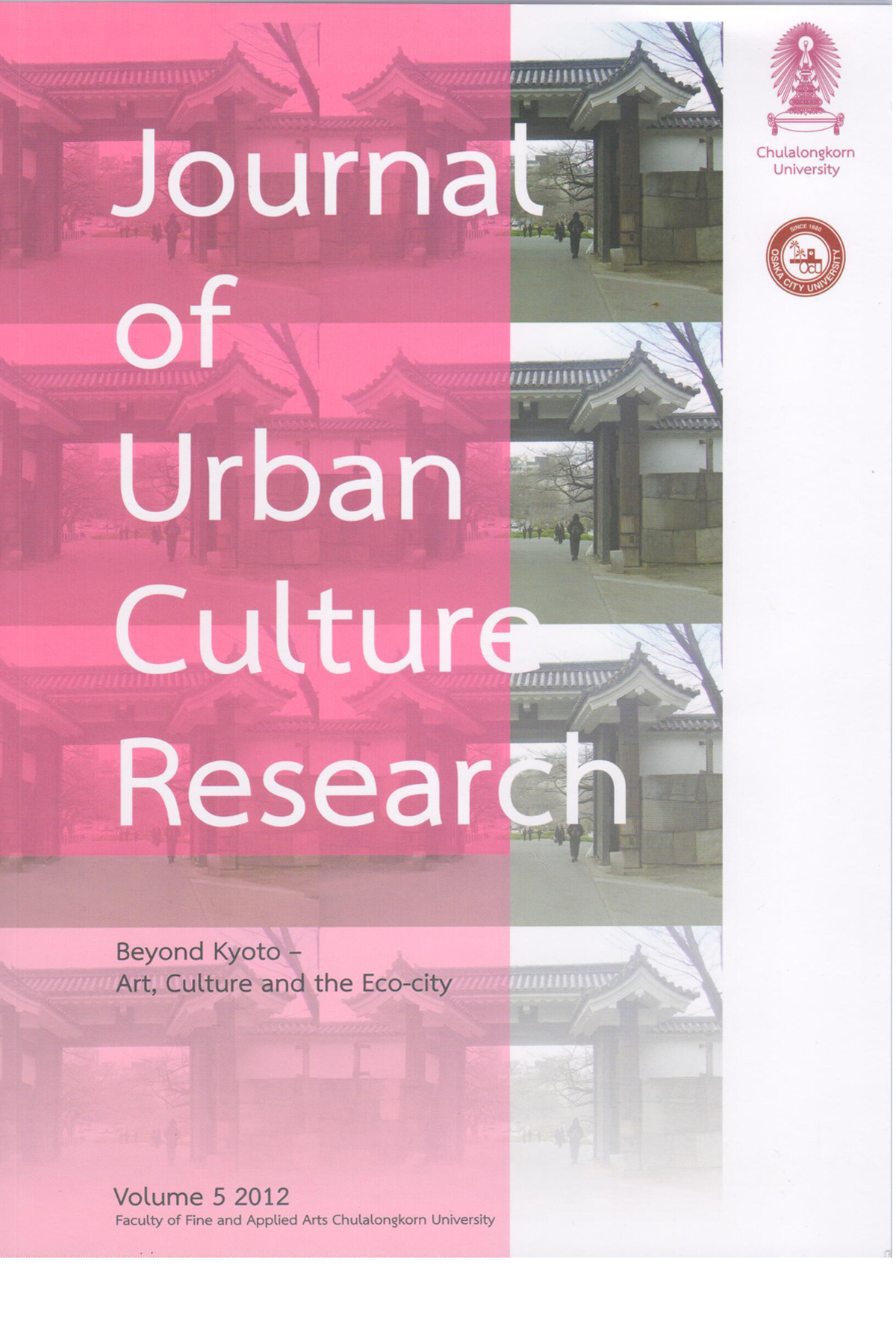The New Role of Javanese Traditional Performing Arts: A Case Study of Educational and Socially Transformative Gamelan Music Programs in Prisons
DOI:
https://doi.org/10.14456/jucr.2012.6Keywords:
Gamelan, Prison, Social Transformation, Music Education, New Value of Traditional Performing ArtsAbstract
In this present study, I examine the bene!ts of a Javanese Gamelan programconducted over two months at a juvenile prison in Central Java. The participantswere 40 teenage prisoners between 13 and 19. Many of them exhibited dramaticchanges in behavior, sociability, and self con!dence during the course of thisgamelan program. I also compare this program with a similar one at a prison inEngland. Through this comparison, I explore the signi!cance of using a traditionalperforming art, the Javanese Gamelan in a case where it is a local tradition andone where it is not. In present day Javanese society, due to the effects of globalization,the decline of traditional performing arts is a matter of concern. However, Idemonstrate that it is possible for this type of program to add new value to traditionalperforming arts and re-invigorate this traditional art while simultaneouslyempowering local society.Downloads
How to Cite
Okado, Kaori. 2014. “The New Role of Javanese Traditional Performing Arts: A Case Study of Educational and Socially Transformative Gamelan Music Programs in Prisons”. Journal of Urban Culture Research 5 (-):70-85. https://doi.org/10.14456/jucr.2012.6.
Issue
Section
Articles
License
Authors authorize the JUCR to publish their materials both in print and online while retaining their full individual copyright. The copyright of JUCR volumes is retained by Chulalongkorn University.
The views and opinions expressed herein are those of the individual author(s) and do not necessarily reflect the policies or opinions of the Journal (JUCR), it editors and staff, Chulalongkorn University, or Osaka Metropolitan University.








